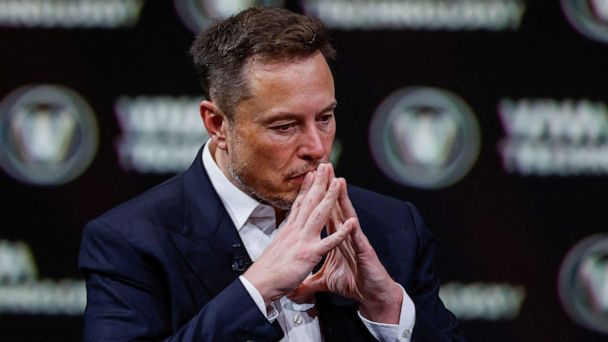
Pfizer has a big problem. The drug giant hopes that new drugs to treat cancer are the solution.
Shares in the drugmaker fell 44% last year, and it now has a market capitalization of only $150 billion — a quarter that of Eli Lilly and half that of longtime rival Merck. In March of last year the company announced that it would spend $43 billion to buy Seagen, a maker of a hot category of oncology medicines called antibody-drug conjugates. Pfizer’s shares have slumped another 9% so far this year. On Thursday, executives are holding an investor briefing to try to convince shareholders that its bet will pay off.
advertisement
In an interview with STAT, Pfizer CEO Albert Bourla was insistent that the deal’s potential is being missed.

Get unlimited access to award-winning journalism and exclusive events.
Subscribe Log In

















